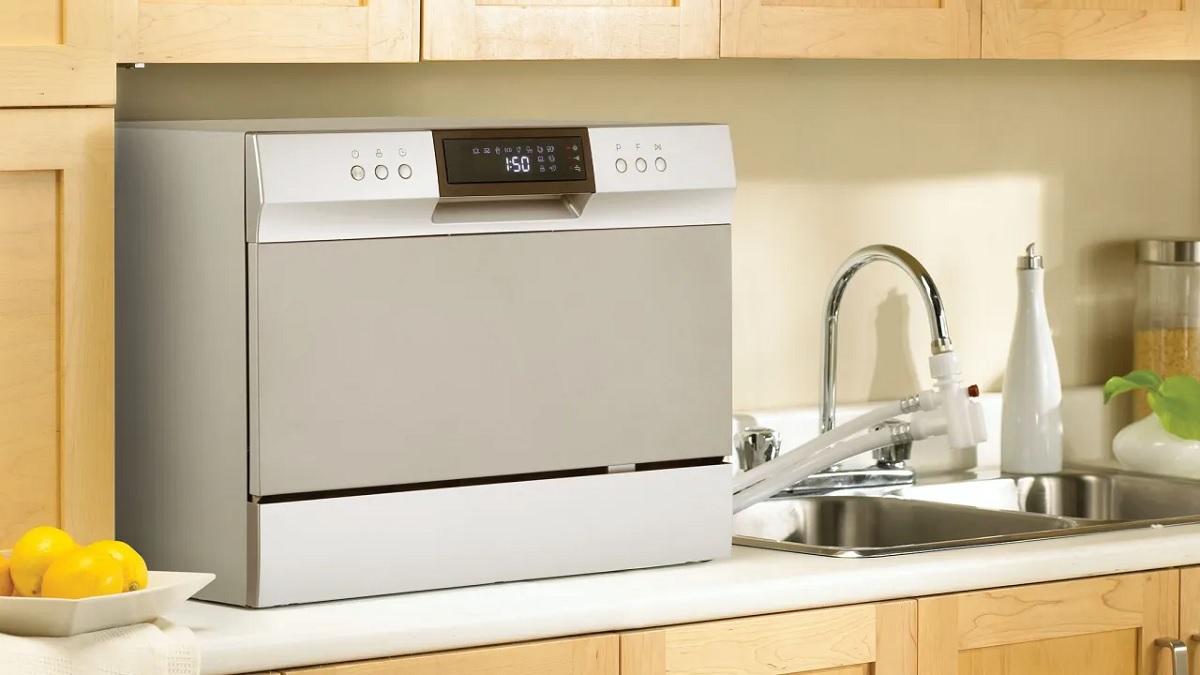The ubiquity of dishwashers in Australian households is a good indicator that our reluctance to handwash dishes has not waned over the years.
And as handy as the under-bench, plumbed unit is, they are not going to work for everyone, which is where the benchtop dishwasher comes in.
Whether you are renting, are a smaller household, need a solution for your holiday home or granny flat, or don’t have the under-bench space, benchtop dishwashers add convenience to anyone who abhors this task. Which is most of us, if we are honest.
But what are the pros and cons, and what should you be looking for in a benchtop dishwasher?
Why buy?
Water savings. Obviously, a smaller unit will use less water, which can be fantastic if you live in a remote location or are travelling in a caravan or RV.
Cheaper. Smaller size means a smaller price. A quick online search found units as cheap as $370, although you can pay hundreds more.
Easy to move. If you are a renter or want to swap the unit between your house and caravan, a benchtop dishwasher makes that transfer so very easy.
Smaller. They are almost always smaller than built-in units.
Why not buy?
Smaller. They are limited in what they can wash, big dishes and cookware often aren’t going to fit.
Counter argument. They take up bench space, which can be a deal breaker in an already small space. You’ll have to weigh up your dislike of handwashing versus your need for preparation space.
Simple. They have fewer features than a full-sized dishwasher. This could go either way. You may like fewer options. Certainly, in our house, we almost always use the same wash setting on our built-in unit. I’d imagine it’s the same for benchtop units as well.
CHOICE has something to say on this point.
“Some benchtop dishwashers don’t perform as well as traditional dishwashers – particularly for drying, as they don’t have the thermal mass of a full-sized one,” says says CHOICE dishwasher expert Ashley Iredale. “But some of them do hold their own against conventional dishwashers.”
Fewer options. As they are not as in demand as under-bench units, there is a smaller range available commercially.
If you have decided to buy a benchtop unit, the good news is you can install them yourself with a minimum of do-it-yourself skills, but if you want it to be plumbed in, it’s best to leave it to the professionals.
If you are at all concerned that the power point you will be using is not earthed – say for an older property – get it checked out by a licensed electrician. You don’t want to zap yourself if the machine malfunctions or floods.
And remember to measure the unit before you buy. If you are investing in a benchtop dishwasher because of space, don’t make the mistake of buying one that’s too big.
Do you have a benchtop dishwasher? Or do you still handwash dishes? Why not share your experience in the comments section below?
Also read: Soap up to keep your dishwasher running

